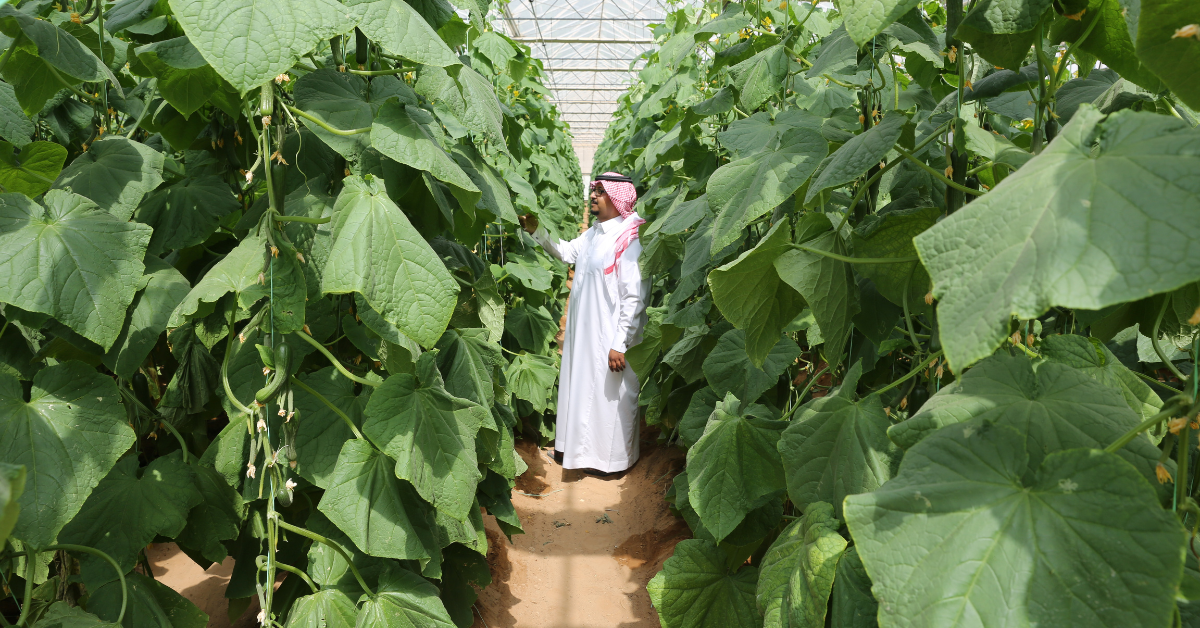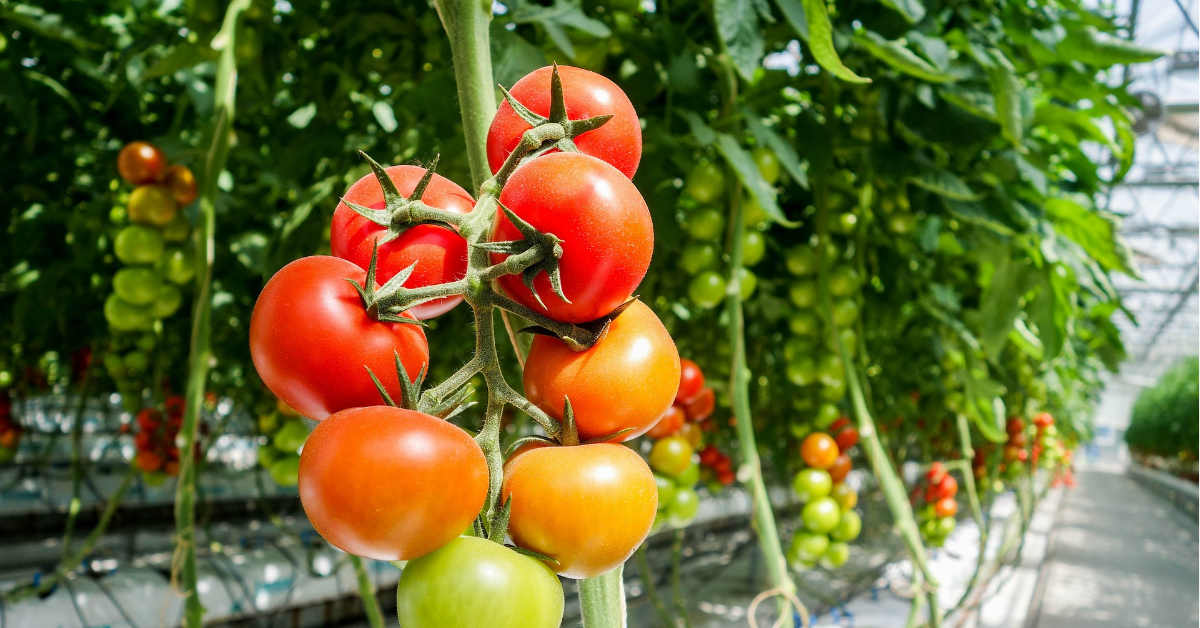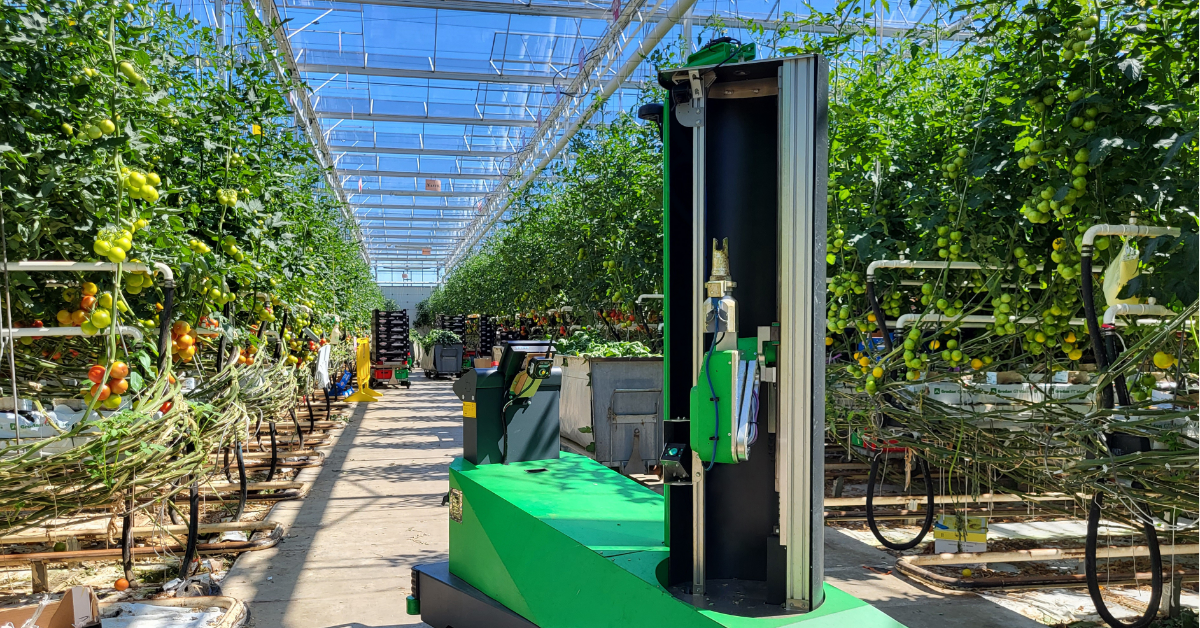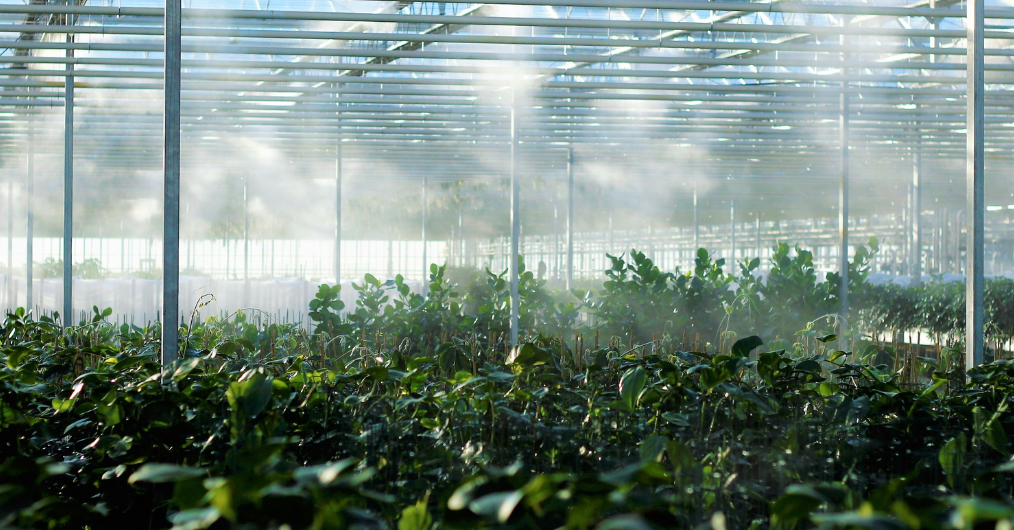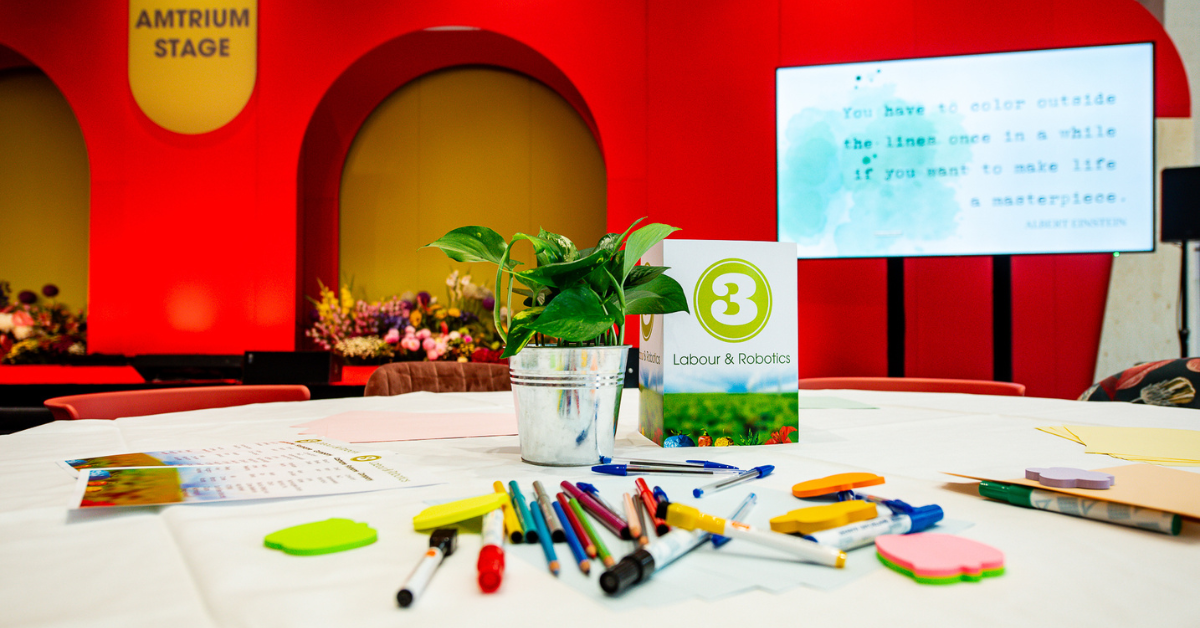‘Collective approach is crucial for global success’
Increasing the food supply to feed the world and making food production climate-proof. Those are the main challenges of Dutch Greenhouse Delta (DGD), an international platform representing Dutch companies in horticulture. To achieve this, a collective approach is needed to increase effectiveness, reduce costs, increase income, improve quality, and accelerate innovation, says CEO Mirjam Boekestijn. “It’s crucial if we want to stay successful on a global level.”
Worldwide, there is an increasing demand for self-sufficiency in the production of high-quality, safe, healthy, fresh, and affordable food. How can we increase the food supply to feed the growing world's population and lower the negative impact on our planet? And how can we support making food production climate-proof? These questions formed the basis for the establishment of Dutch Greenhouse Delta (DGD) in 2017. Hein van der Sande (former CEO of Certhon), Sjaak van der Tak (former Mayor of Westland in the Netherlands) and Wouter Kuiper (CEO of KUBO) discussed these global challenges and the role the Dutch greenhouse sector should play in this. “They agreed that the Dutch horticulture industry is too modest when it comes to our performance, expertise and our heritage, and not enough is done to show the world about what we can offer,” says Mirjam Boekestijn, current CEO of DGD. “Afterwards, over coffee and sandwiches, they decided to do something about it.”
Soon thereafter Dutch Greenhouse Delta was born, an international platform representing the strength of the Dutch Horticulture sector and promoting the sector worldwide to identify and accelerate opportunities. It is a foundation under which various partners join forces and enable common growth. “In doing so, we ensure that growth for the sector and its individual companies goes hand in hand with providing solutions to an ever-increasing need to produce safe, healthy, fresh, and affordable food sustainably and locally. We offer the entire horticultural eco-system from Fork2Farm, consisting of science, enterprise, education, and government, in several focus regions, such as China, India and the Gulf region”, says Boekestijn. “In short, the platform lays the foundation for total ecosystems surrounding food production. We do this by being at the basis of potential collaborations in regions where our partners can make an impact with knowledge and techniques in the local production of food, in a sustainable way.
Public-private partnerships
China, India, and the Gulf region (Saudi-Arabia, United Arab Emirates and Qatar) are the focus regions. “And we explore market opportunities in regions such as South-East Asia, Central Asia and Northern Africa,” says Boekestijn. We do this in public-private partnerships where activities such as market research and fact-finding missions are undertaken.” In DGD's new contribution model, which will be introduced in 2024, partners can join one or more country tables within the focus areas, in addition to basic membership. “With this new model we want to make it more accessible for the entire horticultural sector to promote the Dutch horticultural sector internationally as a collective. And in the country tables, long-term relationships are built up to work together with local governments, investors, retailers, and growers in these focus regions on innovative solutions for sustainable local food production. This approach allows us to respond to specific challenges in the various focus regions. Our regional directors, our employees, and liaisons play an important role in this with their local knowledge and experience. But of course, also the cooperation with the Dutch government, including the Agricultural Counsellors.”
Sustainable use of resources
Boekestijn sees a changing market, in which investors have entered. They look for a total solution in which products can be produced in a sustainable way. Technologies that can contribute to a more efficient use of water and energy are therefore of great value. As well as robots and intelligent systems that can help horticulture to further digitize and combine those technologies for the best result. “A sustainable use of resources is one of the main challenges in horticulture. To be able to do that successfully on a global level, it is crucial that the sector realizes that a collective approach increases our global influence, reduces our costs, increases our revenues, improves quality, and increases and accelerates our innovation power. When we do that, external financing is no longer necessary, and the horticultural sector can hold its own against major international players that are entering this market and buying up our knowledge and expertise. We provide the collective story and through the country tables we, as a sector, promote region-specific solutions to target groups.”
Over the past five years, DGD has built up a very good relationship with the Dutch government, embassies, and consulates, says Boekestijn. “We work very closely and successfully in public-private partnerships to promote the Dutch horticultural sector internationally. The ‘Partners for International Business’ programs, which are conducted in China, the Gulf Region and India, are a good example of this. But there is also increasing cooperation in terms of strategy. In this way, we are jointly building a roadmap to put the Dutch horticultural sector on the map in certain regions or countries, strengthen relationships and grow the business. And not only the Dutch government is increasingly finding us, but international governments are also approaching us for the complex issues they have regarding food production and their policies in the field of food safety and food security.”
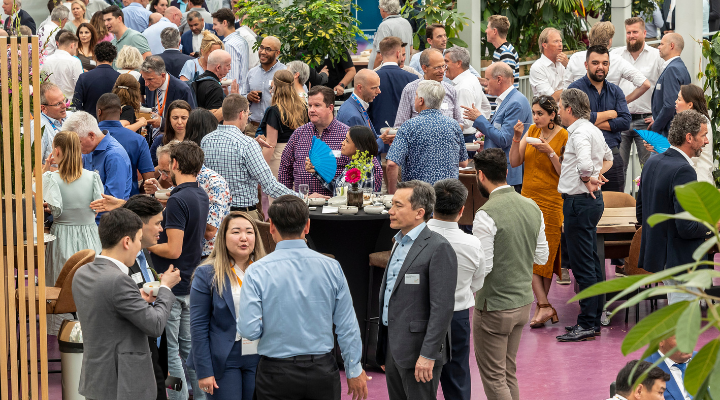
China, India, and the Gulf region
Boekestijn sees opportunities for the Dutch Horticulture sector all over the world. “We focus on regions where we have added value as a party that collectively promotes the sector and opens doors. Like China, India, and the Gulf region. In the Gulf region, the national government has a very clear policy on food security and safety and has very ambitious objectives. In addition, this region has several significant challenges such as climate change, the challenging local climate and the need to minimize water and energy use. China, on the other hand, is becoming an increasingly complex market where a collective approach including cooperation with local Chinese parties is a requirement. India, with one of the fastest growing economies in the world, a growing young middle-income class that demands healthy, safe, and fresh food, offers opportunities for the Dutch horticultural sector because it still needs to be developed.”
Technological developments in horticulture are moving fast, especially in the field of controlled cultivation. From mid-tech and high-tech greenhouses to fully controlled cultivation systems, using artificial intelligence or robots. “These technological developments allow us to achieve the sustainable development goals, such as water and energy savings and restoring biodiversity. Our solutions, combined with long-term cultivation support and guidance can provide a year-round production of fresh and healthy food anywhere in the world; in metropoles, in extreme heat, drought or cold,” says Boekestijn. “That is why we face the future with hope. The Dutch cluster can offer a lot abroad. We have 'gold' in our hands for investors and growers. With Dutch solutions, food production around the world is becoming increasingly sustainable and growers can make transitions.”
Share your horticulture technology stories with us
Do you have an innovation, research results or an other interesting topic you would like to share with the international horticulture technology industry? The GreenTech website and social media channels are a great platform to showcase your stories!
Please contact our Brand Marketing Manager Murkje Koopmans.
Are you an GreenTech exhibitor?
Make sure you add your latest press releases to your Company Profile in the Exhibitor Portal for free exposure.
Have exclusive horticulture technology news delivered to your inbox
The GreenTech monthly newsletter brings you the latest exclusive horticulture technology news and updates about our global horticulture technology trade shows and events.
Join over 32,000 of your peers and receive:
☑ Exclusive commentary from industry leaders
☑ The latest news from the GreenTech team
☑ Stay up to date with all the latest news about our events
